A young woman sat on the edge of the bridge, her gaze fixed on the deadly waves of the river. A tear glided down her flushed cheek, mirroring her love for the body before her.
Her brother, once a vibrant and enthusiastic spirit, now lay lifeless—defeated not by a “weak heart,” as the villagers whispered, but by the crushing paradox of societal expectations and the absurdity of life.
We exist in a conservative social fabric where moral absolutism stifles individuality. Traditional values, passed down unquestioningly, have buried the true potential of individuals, reducing many to mere followers of ancestral customs. Thinking freely or deviating from these norms is often seen as rebellious, even criminal.
This societal rigidity has stifled intellectual expression, particularly among the youth. Baseless accusations of blasphemy fuel fear, inhibiting open discussions on religion, state, and social issues—especially on platforms like social media. This culture of fear fosters hesitation, depression, and intellectual stagnation. People, especially the youth, feel suffocated and fall into existential despair.
The marginalization of women compounds this issue and creates a gender disparity. Restricting their education, confining them to domestic roles, and forcing them into marriages without consent lead to devastating consequences. The disproportionately high female suicide rate in regions like Ghizer, Gilgit-Baltistan, underscores the severe impact of such practices. It is clear that these outdated values are no longer viable—they must die with those who once upheld them.

Alienation, bred by an inability to align with societal norms, deepens this crisis. Despite advancements in human intellect, we remain trapped in a primitive cycle of comparison, external validation, and hollow pursuits of happiness. Students gauge their worth by grades alone, ignoring the essence of true education. This misdirection in life’s path, compounded by repeated missteps, leads to existential despair.
Friedrich Nietzsche, in Thus Spoke Zarathustra, aptly likens societal norms to a polluted river that corrupts the sea. Søren Kierkegaard’s philosophy of existentialism echoes a similar sentiment: life has no inherent meaning, and the greatest human gift is the intellect to define one’s purpose.
Yet, many young individuals are trapped in the illusion of inherent meaning. This leads to regret and despair as they face family, economic, and professional challenges. Accepting the absurdity of life and embracing existentialism is crucial for utilizing one’s potential and avoiding self-destructive thoughts.

In conclusion, the suffocating effects of rigid values, societal expectations, and the illusion of inherent meaning perpetuate mental illness and despair. It is vital to prioritize critical thinking and self-discovery. By embracing existentialism, individuals can create their own purpose, live authentically, and challenge outdated norms. This shift enables a meaningful existence for all, free from the constraints of conformity.














